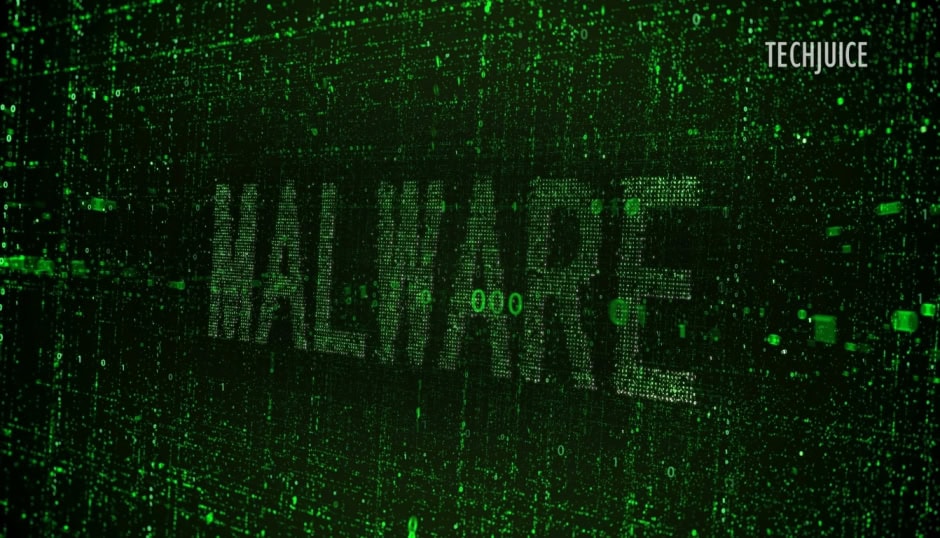Pakistan’s cybersecurity landscape is witnessing rapid evolution, marked by a surge in threats targeting critical infrastructure, financial institutions, and government entities, according to the Pakistan Telecommunication Authority (PTA).
The PTA highlighted that, despite ongoing efforts to build capacity and raise awareness, significant challenges remain. These include limited resources, a shortage of skilled cybersecurity professionals, and inadequate collaboration between public and private sectors, which continue to hinder progress.
“While Pakistan is proactively establishing international links and building synergies, the global nature of cyber threats underscores the need for prioritizing international cooperation to fortify defenses,” the PTA emphasized, noting the necessity for strategic actions to secure the digital ecosystem.
Advanced Persistent Threats and Global Trends
Between July 2023 and June 2024, Pakistan experienced a sharp rise in cyber-attacks, including malware, phishing, Distributed Denial-of-Service (DDoS) attacks, ransomware, and insider threats. Advanced Persistent Threats (APTs), skilled cybercriminals using cutting-edge technologies to launch high-profile assaults, are of special concern.
Geopolitical factors play an important part in APT operations, determining their strategies and objectives. of 2023, prominent APT groups like as Gamaredon, DoNot, Bitter, Kimsuky, Lazarus, and SideWinder attacked important sectors of Pakistan, including internet backbone infrastructure, healthcare systems, and government-affiliated organizations.
Globally, the industrial sector remained the major target for cyber extortion attempts in 2023, followed by healthcare, technology, and retail. Ransomware attacks have had a significant impact on the banking and insurance industries, highlighting the ever-changing and diverse nature of cybersecurity threats. Phishing attacks surged by 173% globally in FY 2023-24, with telecoms ranking as the sixth most targeted industry.
Despite rising hurdles, Pakistan has made tremendous advances in cybersecurity. The country has risen to Tier-1 (Role Modeling) level in the International Telecommunication Union’s (ITU) 2024 Global Cybersecurity Index, moving up from 79th to 40th rank. This increase demonstrates Pakistan’s growing commitment to improving its cybersecurity infrastructure and tackling rising cyber threats.
While the progress is notable, the PTA stresses the need for continued strategic actions, resource allocation, and international cooperation to mitigate risks and ensure the security of Pakistan’s digital infrastructure in an increasingly interconnected world.












